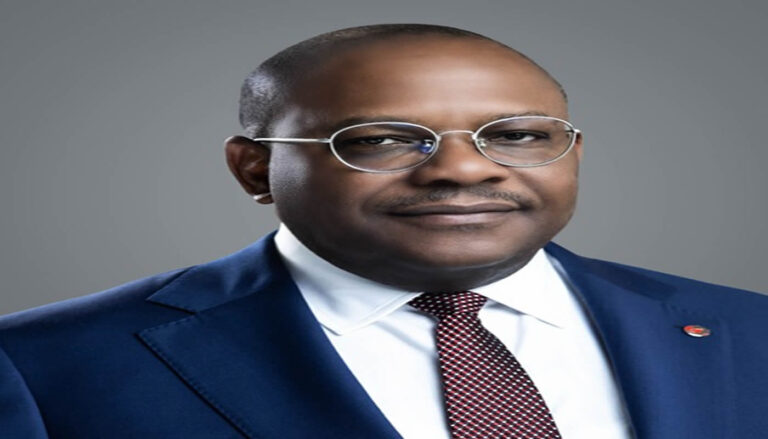
The Nigerian Oil and Gas Suppliers Association (NOGASA) has called on President Bola Ahmed Tinubu to intervene in the Dangote Refinery’s plan to distribute petroleum products directly to end-users. The association warns that the move could destabilise the downstream sector and lead to mass job losses.
Speaking at a stakeholders’ meeting in Abuja, NOGASA president, Benneth Korie, said that while the association supports the Dangote Refinery project, its decision to bypass independent marketers threatens the existing supply chain.
“We are not against the refinery. NOGASA has been one of its strongest supporters. But we must advise against monopolising the supply and retail chain. What happened to NNPC should not be repeated,” Korie said.
He warned that centralising refining, distribution, and retailing under one entity is unsustainable, citing NNPC’s failed attempts at direct distribution as a cautionary tale.
“Concentrate on refining and let marketers handle distribution. If you try to do it all, the system will collapse,” he said.
Korie cautioned that excluding independent marketers could displace thousands of workers across over 50,000 fuel stations and logistics networks nationwide. He called on the federal government to initiate dialogue between Dangote Group and industry stakeholders such as NOGASA, IPMAN, DAPPMAN, MOMAN, NUPENG, and PTD.
Also speaking, President of the Petroleum Products Retail Outlets Owners Association of Nigeria (PETROAN), Billy Gillis‑Harry, warned that Dangote’s strategy could result in a disguised monopoly.
“While the refinery has a capacity of 650,000 barrels per day and should compete globally, it appears more focused on dominating local retail. This is dangerous for competition and could lead to mass unemployment,” he said.
Gillis-Harry alleged that Dangote could use price undercutting to edge out independent marketers, only to control prices once market dominance is achieved.
He also expressed concern over the refinery’s planned deployment of 4,000 Compressed Natural Gas (CNG) tankers, which he said could displace many truck drivers and operators currently using conventional petrol-powered vehicles.
He urged the Nigerian Midstream and Downstream Petroleum Regulatory Authority (NMDPRA) and the Minister of State for Petroleum Resources to urgently implement price regulation, ensure access to crude for all refineries, and safeguard jobs in the sector.
Responding to the concerns, the House Committee on Petroleum Resources (Downstream) chairman, Hon. Ikeagwuonu Ugochinyere, said the National Assembly was closely monitoring the development.
“This is a major shift. I assure you that we are studying it carefully to ensure a win-win outcome in line with the Petroleum Industry Act (PIA),” he said.
Ugochinyere acknowledged the sector’s distribution challenges, including fuel adulteration and bottlenecks, and emphasised the need for policy guidance and private-sector collaboration.
“The PIA offers a framework for transparency, but legislation alone won’t solve these problems. We need collective effort,” he added.
Also speaking at the meeting, Billy Harry, the president of the Petroleum Products Retail Outlets Owners of Nigeria (PETROAN), echoed similar concerns, accusing Dangote of attempting to monopolise the downstream sector.
He likened the situation to India’s telecom sector, where a dominant player drove competitors out of the market by crashing prices. “With the scale of the Dangote Refinery, he should focus on global exports instead of trying to control domestic distribution,” Harry advised.
The PETROAN boss said, “So, there is no reason for a giant to be amid, you know, Lilliputians to oppress and kill the whole system. So that is our first argument.”
Meanwhile, Depot and Petroleum Products Marketers Association of Nigeria (DAPPMAN) executive secretary, Olufemi Adewale, also informed the meeting that Dangote has been discussing the distribution issue with his association for some weeks.
“We are closer to that point than before,” he added.
The NMDPRA noted that the industry’s distribution chain is very strategic. The Authority’s chief executive, Engr. Farouk Ahmed, who was represented by Ngozi Nwankwo, said the lack of distribution would ruin the industry, so the Petroleum Industry Act (PIA) made provisions for both refining and distribution.
“If there is no energy security, everything will be crippled. The law makes room for supply and distribution,” she said.
SOURCE: LEADERSHIP NEWS PAPER



